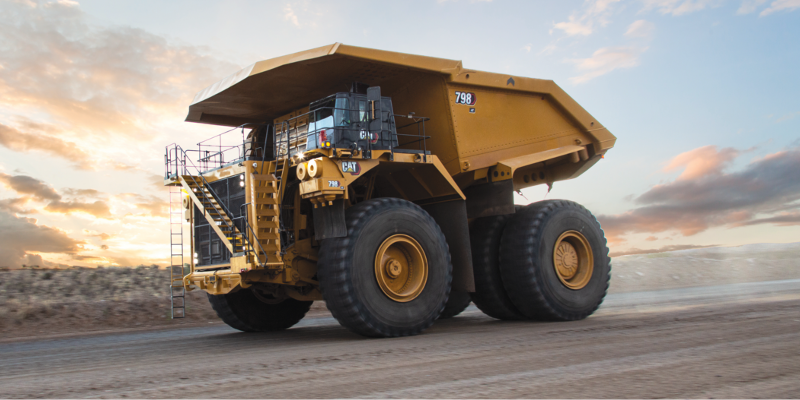Mining
Wednesday, August 31st, 2022 10:53 am EDT

The first trucks are expected to arrive at the mine in the second half of 2023, with delivery of the remaining trucks to extend over the next 10 years as the three companies work to replace one of the largest fleets in the industry, currently over 160 trucks. Maintenance and support services provided under the agreement advance BHP’s local employment and gender balance strategies. Finning’s Integrated Knowledge Center, located in Antofagasta, will provide top of the line industry technical support for the fleet.
The agreement also allows BHP to accelerate the implementation of its autonomy plans at Escondida by transitioning the fleet to include technology that enables autonomous operation. In addition, the agreements set forth a technological path that helps the miner meet its decarbonization goals, through the progressive implementation of zero-emission trucks.
“We are very pleased to build on our long-term relationship with BHP to support its Escondida operations by improving efficiency, productivity, and safety, as well as reducing its carbon footprint, supporting its diversity and inclusion journey, and contributing to the development of capabilities in Antofagasta. This is the largest fleet deal in Finning’s history and will significantly expand the Caterpillar truck population and support the transition towards cleaner energy, with electric drive trucks, and future zero-emission trucks,” said Scott Thomson, president and CEO of Finning International.
Escondida is a copper porphyry deposit 170 km southeast of Antofagasta. The name means “hidden” in Spanish, chosen because the main orebody does not outcrop on the surface but lies below several hundred metres of overburden.
Finning is the world’s largest Caterpillar dealer servicing customers for nearly 90 years. Headquartered in Surrey, B.C., the company supplies Cat equipment, parts, services, and performance solutions in western Canada, Chile, Argentina, Bolivia, the United Kingdom, and Ireland.
This post has been syndicated from a third-party source. View the original article here.



